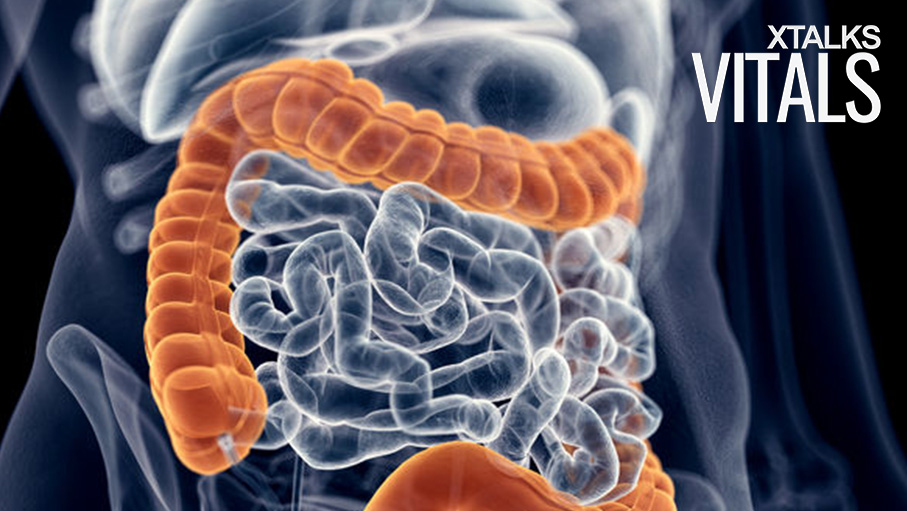Emulsifiers are commonly added to processed foods in order to maintain the desired texture and prolong shelf life. A new study conducted by researchers at Georgia State University’s Institute for Biomedical Sciences, has found that these emulsifiers have a detrimental effect on bacteria found in the intestine, thereby promoting inflammation and potentially leading to the development of colon cancer.
The study – which was conducted in mice – found that consumption of these emulsifiers led to increased tumor development. The findings of the research were published in the journal, Cancer Research.
Colorectal cancer is among the top four cancer types, which are responsible for the most deaths each year. Over the last few years, physicians and researchers have begun to understand the important role that the intestinal microbiome plays in the development of colorectal cancer.
Inflammatory bowel diseases, including Crohn’s disease and ulcerative colitis, are also affected by the microbiota found in the gut. Inflammatory bowel disease is associated with an increased incidence of colon tumorigenesis, which is thought to be spurred on by consistent, low-grade inflammation.
An alteration in the composition of the gut microbiome has also been associated with this low-grade inflammation, and is implicated in many cases of colorectal cancer. The current study suggests that dietary emulsifiers could be having a negative effect on the beneficial bacteria in the gut.
“The incidence of colorectal cancer has been markedly increasing since the mid-20th century,” said Dr. Emilie Viennois, assistant professor in the Institute for Biomedical Sciences. “A key feature of this disease is the presence of an altered intestinal microbiota that creates a favourable niche for tumorigenesis.”
Previous research out of Georgia State has provided a link between the inflammation found in the gut and the consumption of emulsifiers. As the timeframe in which detergent-like emulsifiers have been added to food coincides with an increase in the incidence of colorectal cancer, the researchers designed experiments in mice to further investigate this association.
Viennois and colleagues fed two common emulsifiers – polysorbate 80 and carboxymethylcellulose – to mice in doses similar to those commonly ingested by people who consume processed foods. The emulsifiers were found to be associated with drastic changes in the bacterial species found in the mice, which promoted inflammation and an environment favouring cancer development.
“The dramatic increase in these diseases has occurred amidst constant human genetics, suggesting a pivotal role for an environmental factor,” said Dr. Benoit Chassaing, assistant professor in the Institute for Biomedical Sciences. The researchers are now looking to identify exactly which bacterial strains are most affected by the emulsifiers, and how this interaction promotes colon cancer development.












Join or login to leave a comment
JOIN LOGIN